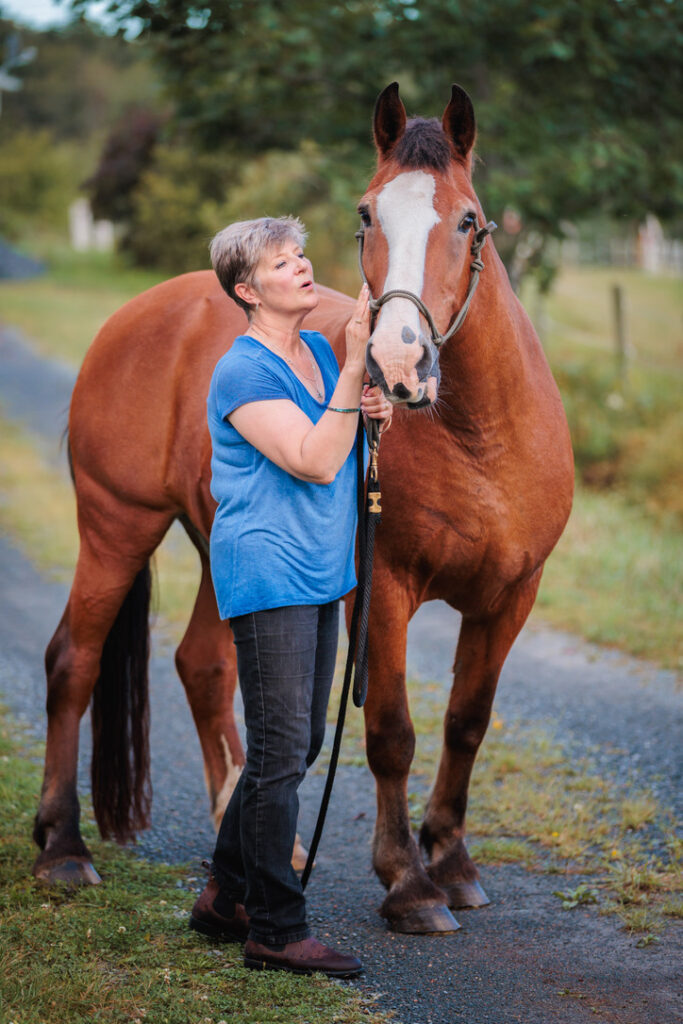Lead Self First: Growing Self Awareness to Improve Workplace Relationships

Growing Self-Awareness to Improve Workplace Relationships
I’ve had conversations recently with people about work. Many are tired, burned out, frustrated, and ready to throw in the towel. When we dig beneath the surface, what’s most often at the heart of the matter isn’t just workload—it’s relationships and misaligned expectations. And …there’s poor communication and toxic relationships. For some, it’s all too much!
Workplaces are complex systems of human interaction. And yet, many people are working in environments where the person they report to has never been supported in developing the leadership skills necessary to lead well. Far too often, supervisors and managers are promoted into their roles because of their technical expertise—not because of their leadership potential. They’re excellent at what they do, so they get promoted. Leadership is different work. It requires a shift from “achieving the task and doing the work” to “developing people.” And sadly, that shift is rarely clearly spelled out.
What happens as a result? These newly minted leaders continue applying their subject matter expertise to day-to-day tasks because it is familiar and they have not been oriented into the shifting work. Another complicating factor – they often don’t know how to communicate effectively or manage differences in a way that strives for common understanding or the win-win. They underinvest in building and maintaining the human relationships that are critical to team cohesion, trust, and performance. Relationships become collateral damage even when the desire might be for something different.
Many individuals—regardless of role—don’t have the self-awareness to recognize the impact they have on others. Consequently there’s a natural absence of self-regulation or self-management. In today’s workplace culture, speed and productivity are often prioritized over reflection and human connection. The pace is punishing. Immediate responses are rewarded, and pausing for self-reflection can feel like a luxury no one can afford. The result? We survive, but we don’t thrive. And…self-reflection can be scary.
So, What’s the Antidote?
Regardless of where you sit in an organization—leader, team member, partner, consultant, or administrator—growing your own self-awareness is foundational. As ones’ self-awareness grows, so does the ability to develop emotional, social, and relational intelligence. You become more grounded, effective and able to meet the moment. You also create a ripple effect. The more self-aware you become, the more you are able to self-manage. When you can self-manage you calm your nervous system. This helps to co-regulate others and contributes to psychological safety, collaboration, and trust. From this place one can develop the skills to lead.
First Steps to Growing Self-Awareness
Self-awareness is not an end point; it’s a lifelong practice. And, there are practical steps you can take to start—or deepen—your journey.
- Choose a Learning Path That Suits You
Self-awareness doesn’t come in one flavor. You might learn best through reflection, journaling, assessment tools (like the SDI: Strength Deployment Inventory, EQ-i 2.0, MBTI, Enneagram, or StrengthsFinder), conversations, or structured learning. Use what works for you—but commit to the process. - Seek Thoughtful, Trusted Feedback
Ask colleagues, mentors, or teammates you trust to reflect back what they see. Seeing how others experience your communication, decision-making, and collaboration can be helpful. Use the following four questions as a framework:- What do I do that enhances relationships and should keep doing?
b. What do I do that I should consider modifying because my approach could be improved?
c. What do I do that I should stop doing because it negatively impacts relationships or team culture?
d. What am I not doing that I could start doing to improve collaboration and connection.
- What do I do that enhances relationships and should keep doing?
- Work with the Feedback—Not Against It
Receiving feedback is one thing; processing and integrating it is another. It’s important to keep an open mind and put your judging self away when you ask for the feedback. We are all works in progress and not expected to get it right all the time. Partner with a coach, mentor, or a skilled colleague who can help you reflect on what you’ve learned in a way that is affirming and growth-oriented.
Final Thought
Self-awareness is an imperative for effective leadership. In these complex times, it is crucial for leaders to model awareness, as well as to demonstrate care and compassion. These qualities should be competencies for all leaders. To achieve this, we must be deliberate and intentional in our approach.
We find ourselves at a crossroads, a critical moment that calls for compassion and compassionate leadership. Positive changes occur when we take the time to slow down, look within, and commit to learning how to lead ourselves before taking on the responsibility of leading others. Begin with curiosity, grow through feedback, and surround yourself with individuals who will support you on this journey.
nextstagecoaching.ca
